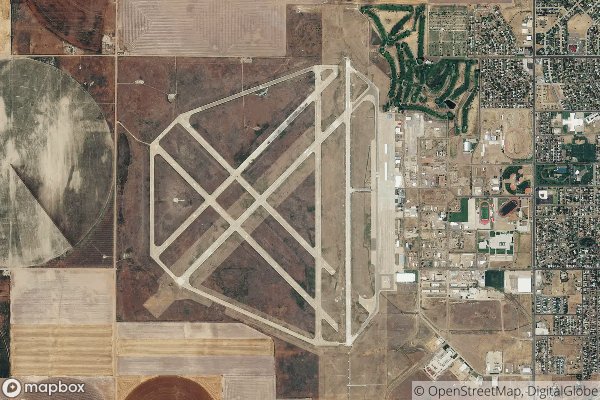| Code | BYH/KBYH |
| Name | Arkansas International Airport |
| Location | Blytheville, Arkansas, USA |
| Major Airlines | N/A |
- See here the complete List Of All Airports In United States with Codes.
Understanding Airport Codes
Airport codes are unique three-letter codes assigned to airports around the world. These codes are used by airline and aviation professionals for various purposes including flight scheduling, baggage handling, and navigation. They are an essential part of the aviation industry and play a crucial role in ensuring smooth and efficient operations.
Decoding Airport Code
The BYH/KBYH airport code refers to the Arkansas International Airport located in Blytheville, Arkansas. The code is used to identify the airport in various airline and aviation systems. The “BYH” code is the International Air Transport Association (IATA) code, while the “KBYH” code is the International Civil Aviation Organization (ICAO) code. These codes are unique to the Blytheville airport and are used by airlines, pilots, and air traffic controllers to reference the airport in communications and flight operations.
Operational Significance
The BYH/KBYH airport code is of significant operational importance in the aviation industry. It is used in flight planning, air traffic control, and airport management systems. The code is essential for identifying the airport in airline schedules, reservation systems, and passenger itineraries. Additionally, it is used for baggage handling and tracking, as well as for navigation and communication purposes during flight operations.
History of Airport Codes
The use of airport codes dates back to the 1930s when the airline industry began to expand and grow. Initially, these codes were based on the weather station codes, but as air travel became more widespread, the need for a unique identification system for airports became apparent. The current three-letter system was established to provide a standardized and easily recognizable code for airports around the world.
The assignment of airport codes is based on the location and name of the airport, with some exceptions where the code might not directly relate to the airport’s name or location. These codes are carefully regulated and maintained by international aviation organizations to ensure their uniqueness and consistency.
In conclusion, understanding the BYH/KBYH airport code and its operational significance is essential for anyone involved in the aviation industry. The code plays a vital role in the efficient functioning of airports and airline operations, and its history reflects the evolution of the airline industry. It is important for aviation professionals and travelers alike to be familiar with these codes and their significance in air travel.


